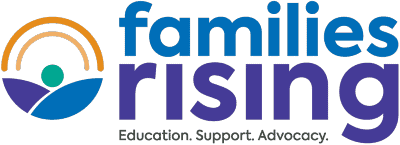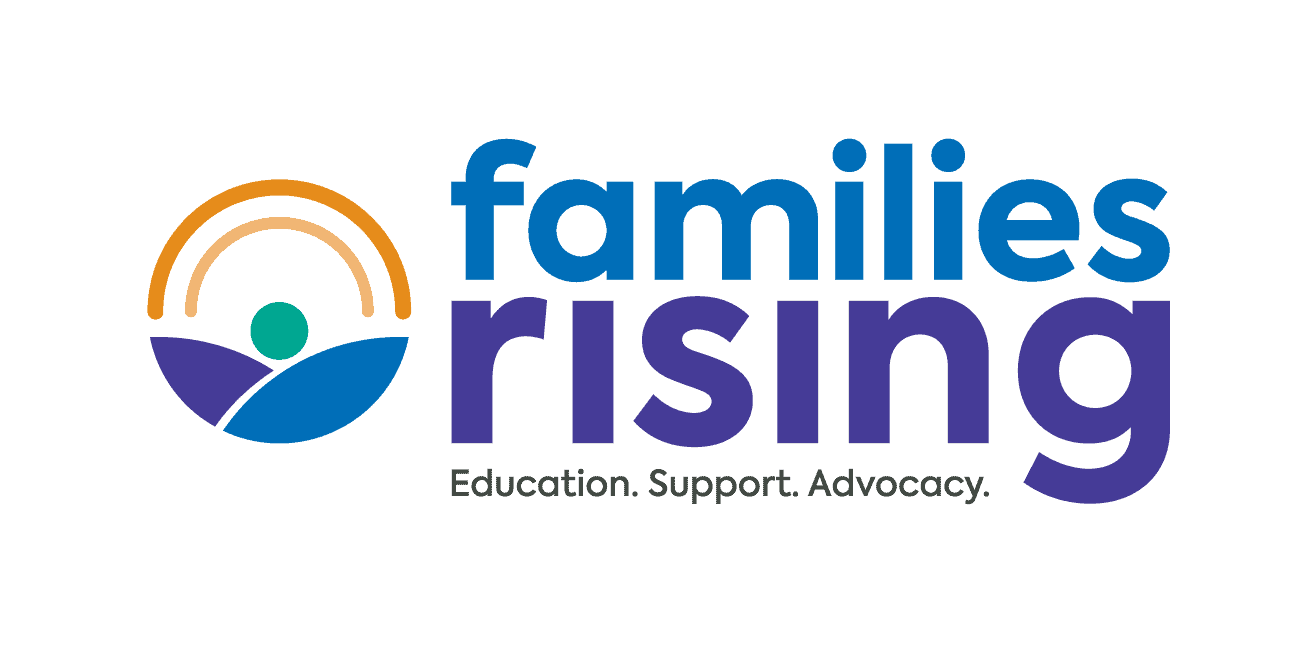State Contact
Floyd A. Sloan III
Division of Family Children Services
Social Services Administration Unit
47 Trinity Avenue, SW, 1st Floor
Atlanta, GA 30334
404-230-4681
[email protected]
Adoption Resources on the Web
https://dfcs.georgia.gov/services/adoption
Georgia state-specific medical assistance:
https://medicaid.georgia.gov/
In Georgia a child with special needs is defined as a child that has at least one of the following needs or circumstances that may be a barrier to placement or adoption without financial assistance.
- has been in the care of a public or private agency or individual other than the legal or biological parent for more than 24 consecutive months;
- has a physical, mental, or emotional disability, as validated by a licensed physician or psychologist; OR
- is a member of a sibling group of two or more placed in the same home.
Basic adoption subsidy rates based on age of the adoptee.
| Age | Rate |
|---|---|
| 0-5 | $441.04 |
| 6-12 | $463.85 |
| 13-18 | $486.67 |
If a child receives a specialized family foster care rate, a foster care worker can submit an application to the Social Services Administration Unit (SSAU) for consideration for a specialized adoption assistance per diem based on the child’s exceptional special needs. Specialized adoption assistance rates are dependent on the child’s current level of functioning.
Adoption assistance payments may not exceed the DHS/DFCS family foster care per diem that the child was receiving immediately before the adoptive placement.
- When a child turns 18, which benefits, if any, continue?
If eligible, a child may continue to receive an adoption subsidy and medical coverage past age 18. Special services funds do not extend beyond age 18.
The adoptee must have been in the custody of DFCS at the time of adoption or placed from temporary custody of DFCS with kin for purpose of adoption.
The family must provide documentation that the adoptee is still in school. For all adoptees the adoption assistance may continue while the adoptee is still in high school. For adoptees who were in adoptive status with an adoption assistance agreement entered into after their 13th birthday the enrollment in college or technical college may continue their assistance.
Failure to document continued enrollment, dropping out, or graduation will end the adoption assistance. Adoption assistance may never extend beyond the month of the youth’s 21st birthday.
Georgia has a deferred agreement for non-special needs children indicates that no monthly subsidy, Medicaid, or non-recurring benefits are approved. However, the agreement states that if the child is later diagnosed with a physical, mental, emotional, or medical condition by a licensed provider, the family can request another special needs determination through their local DFCS office.
Post-adoption services in Georgia are administered by the Department of Human Services (DHS) through the DFCS Adoption and Guardianship Service Coordination Unit.
- Georgia Center for Adoption Resources and Support (assistance from Resource Advisors, training opportunities, lending library, tutoring referrals, referrals to adoptive parent support groups).
- A-Team (teen support group)
- Crisis Intervention Team (short-term in-home therapeutic intervention, family case management)
- Special Services funds – time-limited funds for short-term or one-time treatment-related services or respite when other family or community resources are not available. Childcare costs are not covered.
Parents should contact the Georgia Center for Adoption Resources and Support (https://www.gacrs.org; 1-866-A-Parent/1-866-272-7368) for information on post adoption resources, support groups, and local and statewide adoption-related activities.
Special Services Adoption Assistance may cover respite care of up to 20 hours per month per family for children who receive adoption assistance.
Georgia offers a tuition waiver program for youth who qualify
Foster Care Applicant Eligibility Criteria
- Under age 28; AND
- Currently in the custody of Georgia DFCS; OR
- Experienced foster care after their 14thbirthday and spent a total of 6 non-consecutive months in care (cumulative).
Adoption Applicant Eligibility Criteria
- The student’s (Applicant) Family currently receives adoption assistance for the student (applicant); and the student was placed for adoption by the Georgia Division of Family and Children Services following their 13th birthday; OR
- The student (Applicant) is an adopted person under age 28; and was in the permanent legal custody of Georgia and placed for adoption by the Division of Family and Children Services following their 14th birthday.
Note: The Georgia Tuition Waiver program currently only applies to Technical Colleges in Georgia and has other requirements that are not mentioned above which are found in Georgia Code Sections, 20-3-66 and 20-3-660. Information may also be found at: https://dfcs.georgia.gov/services/state-georgia-post-secondary-tuition-waiver.
Families must complete an Individual Income Tax Credit form –
IND-CR 208 or IND-CR 213 in the IT-511 booklet to claim this credit – https://dor.georgia.gov/it-511-individual-income-tax-booklet
IND-CR 208 – Adoption of a Foster Child Credit for Adoptions Occurring in Taxable Years Beginning on or After January 1, 2008 and before January 1, 2021. The amount of the credit is $2,000 per qualified foster child per taxable year, commencing with the year in which the adoption becomes final, and ending in the year in which the adopted child attains the age of 18. Any unused credit can be carried forward until used.
IND-CR 213 – Adoption of a Foster Child Credit for Adoptions Occurring in Taxable Years Beginning on or After January 1, 2021. This credit applies to adoptions occurring in taxable years beginning on or after January 1, 2021. The amount of the credit is $6,000 per qualified foster child per taxable year, commencing with the year in which the adoption becomes final, for five taxable years and $2,000 per qualified foster child per taxable year thereafter, and ending in the year in which the adopted child attains the age of 18. This credit cannot be carried forward.


